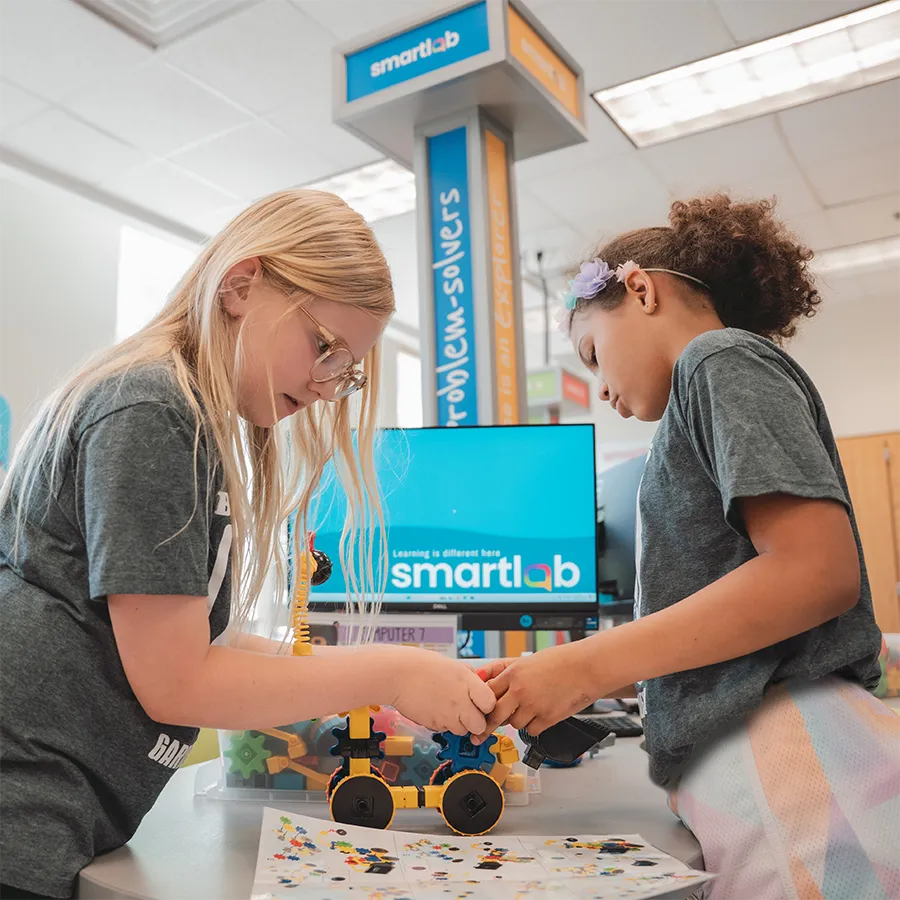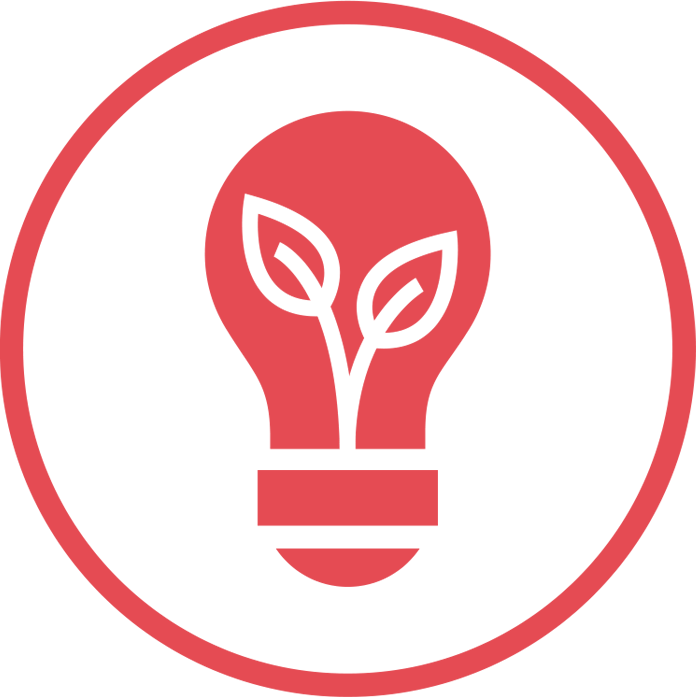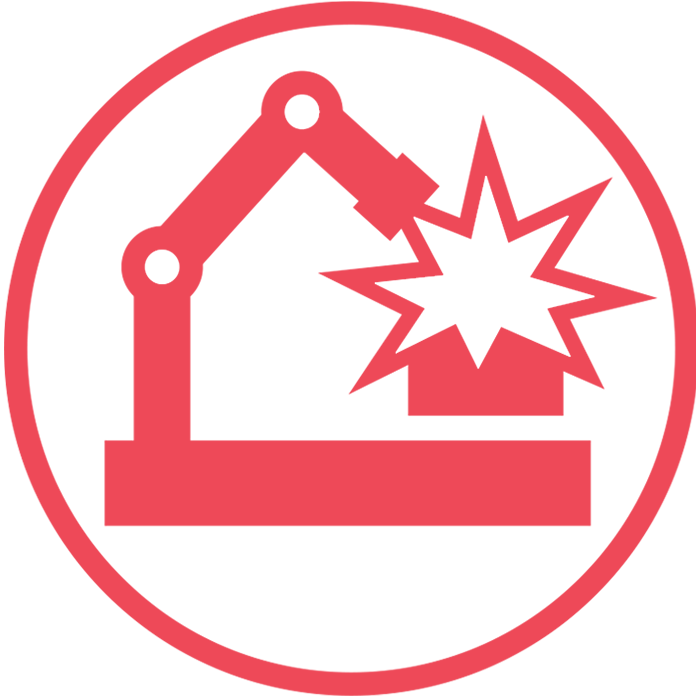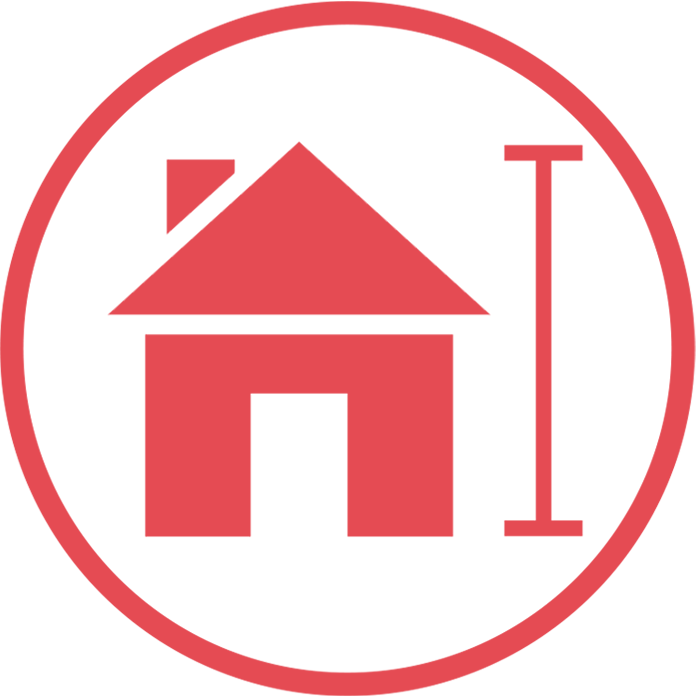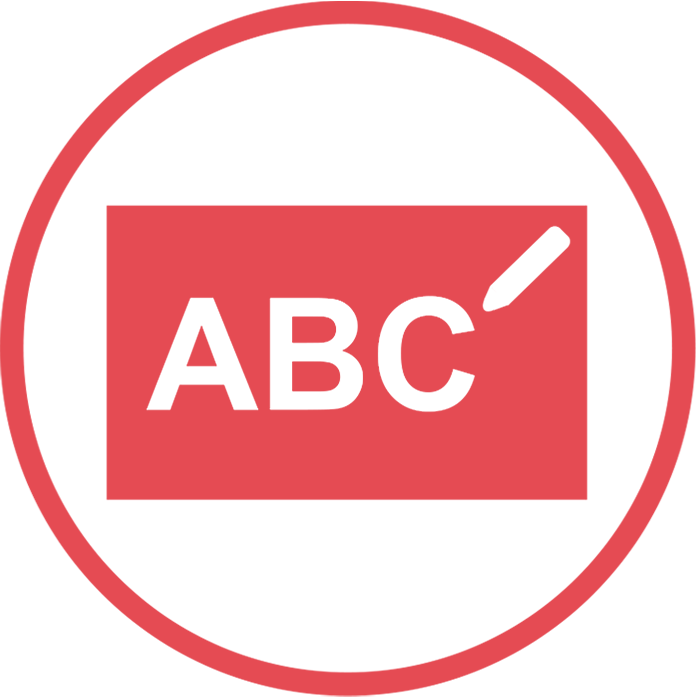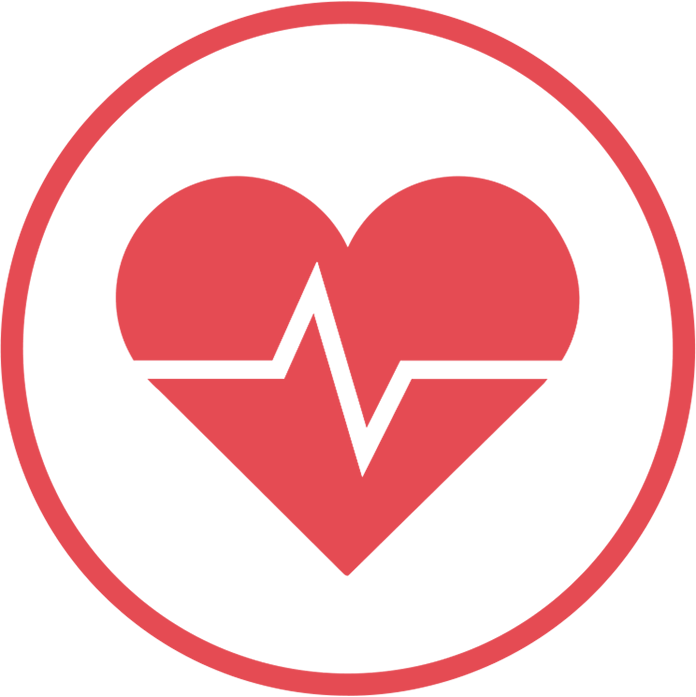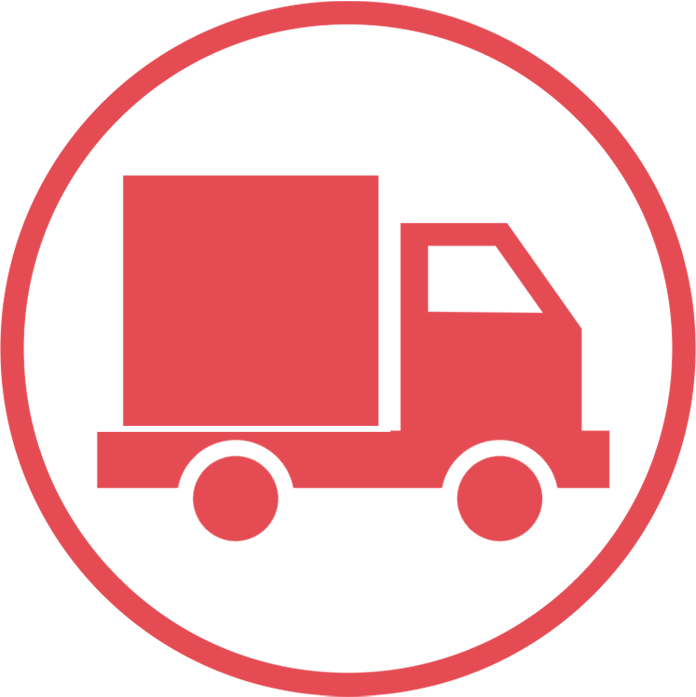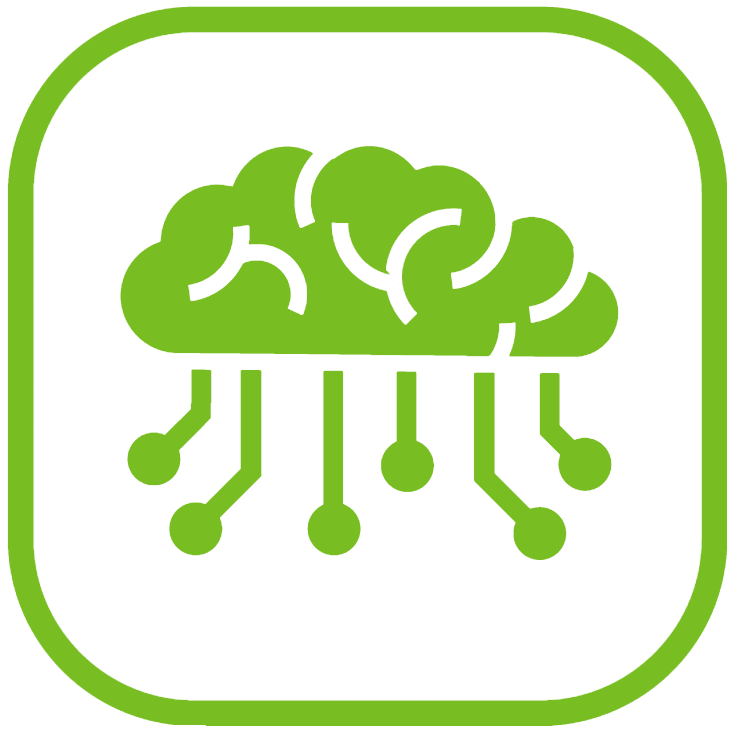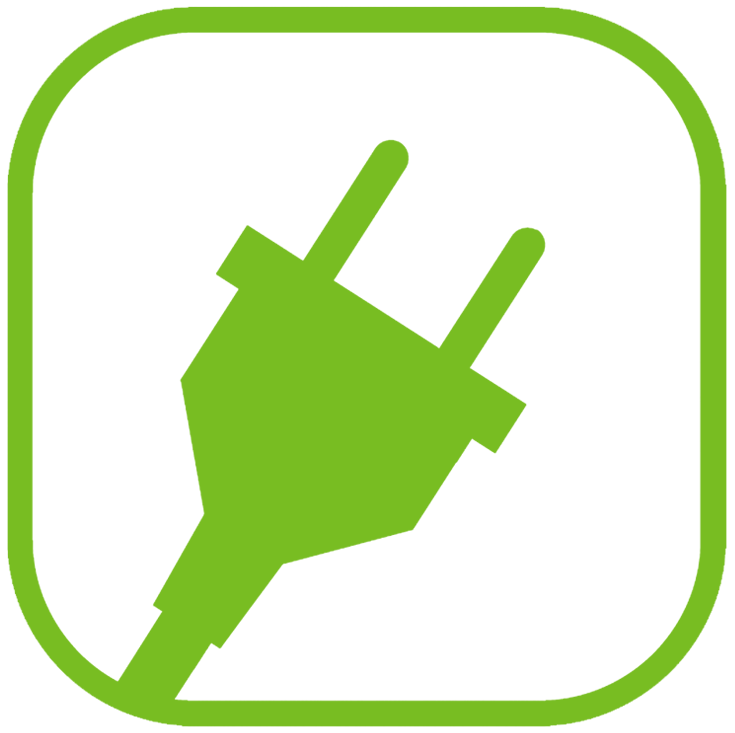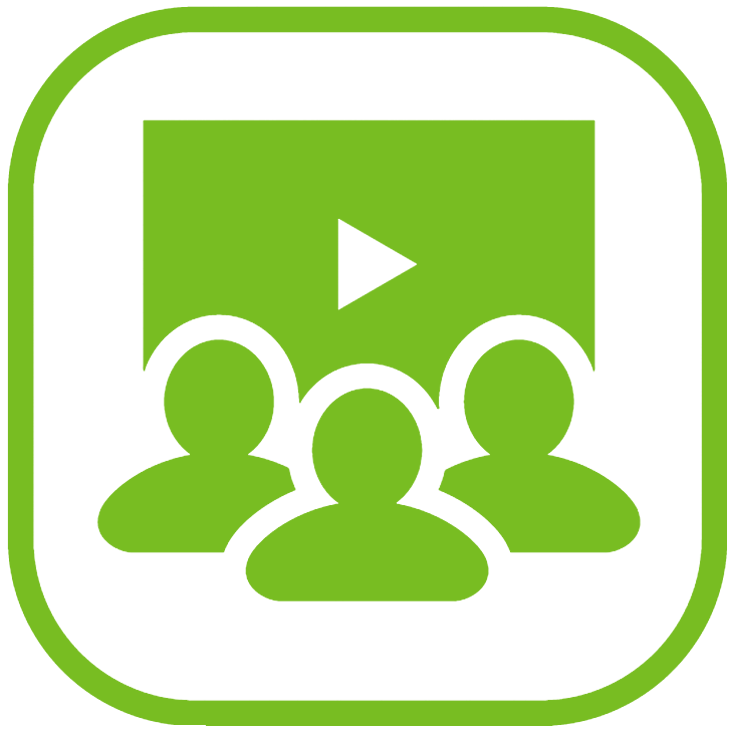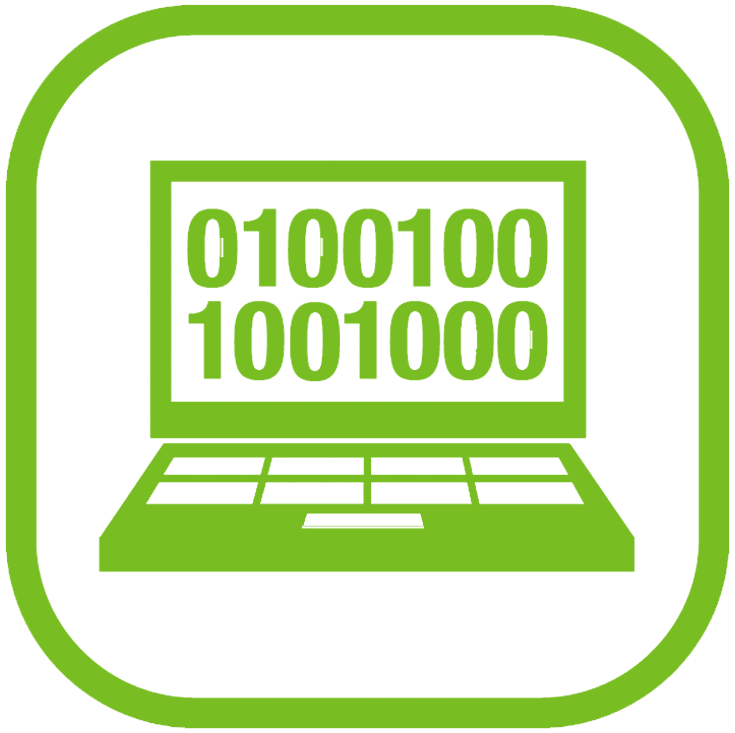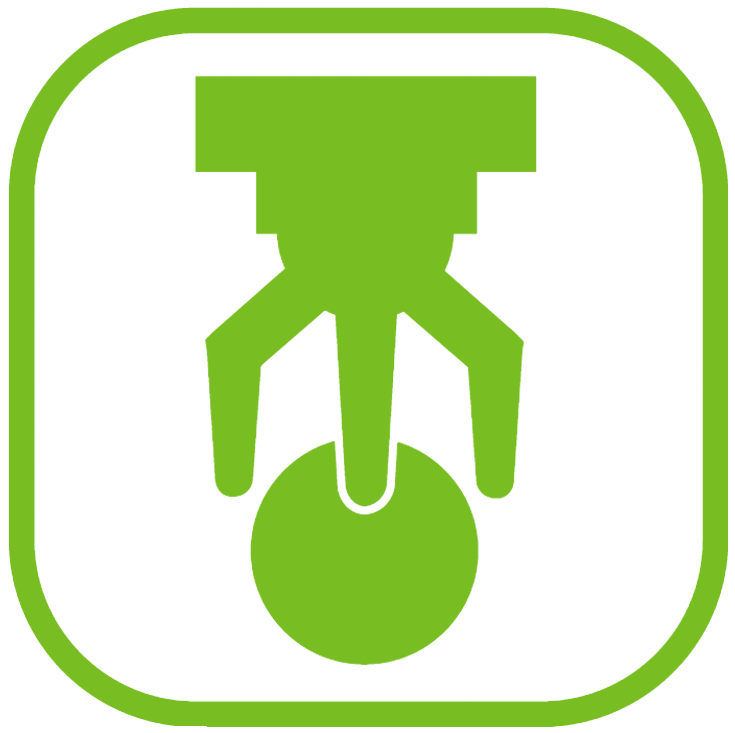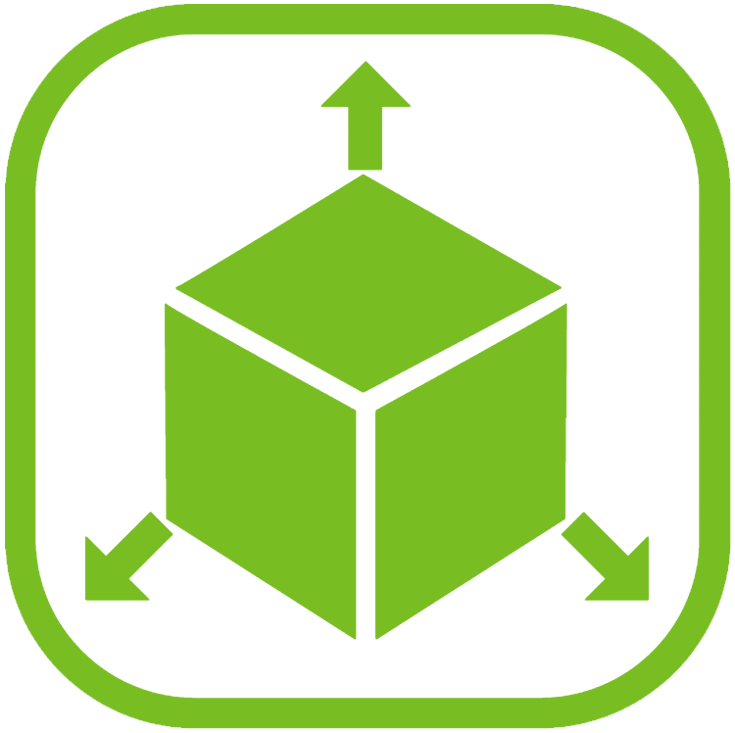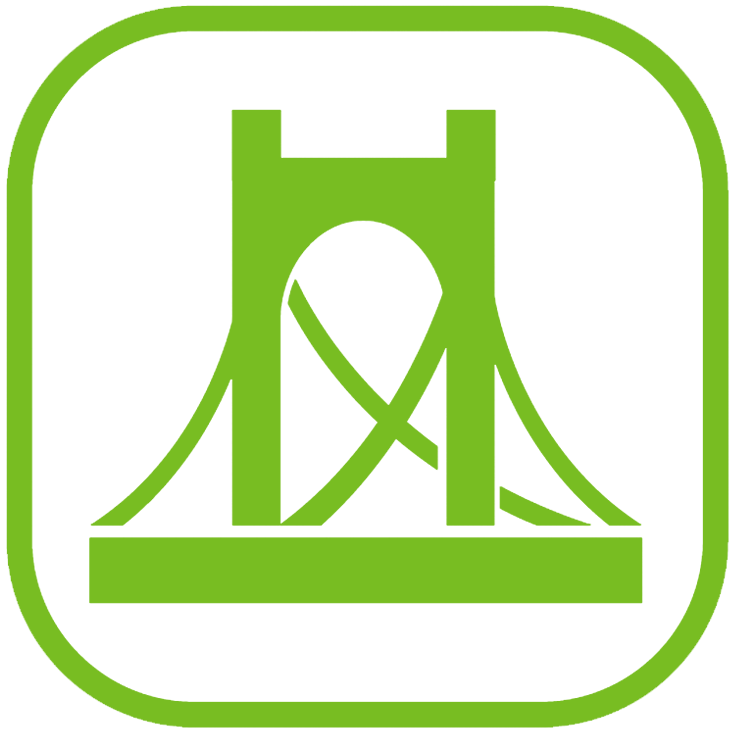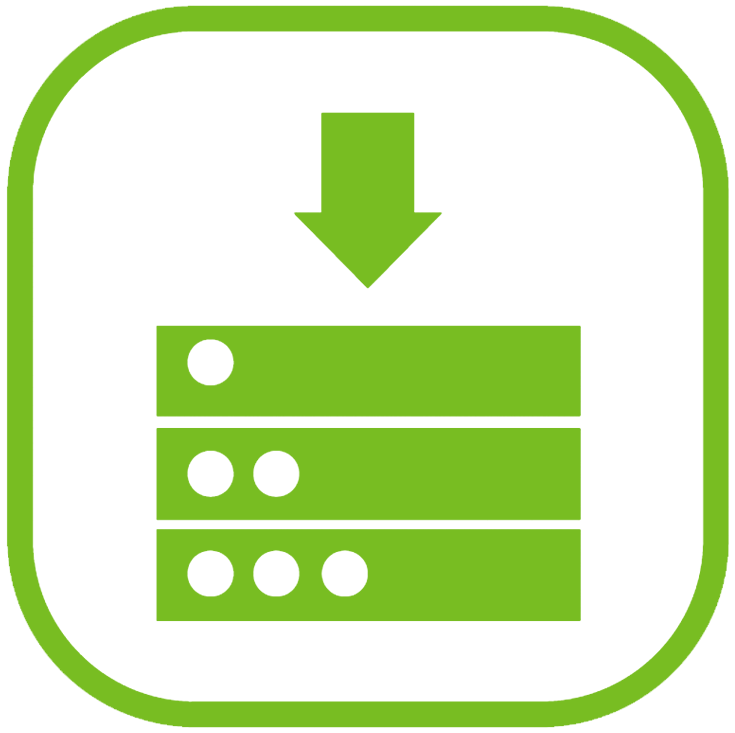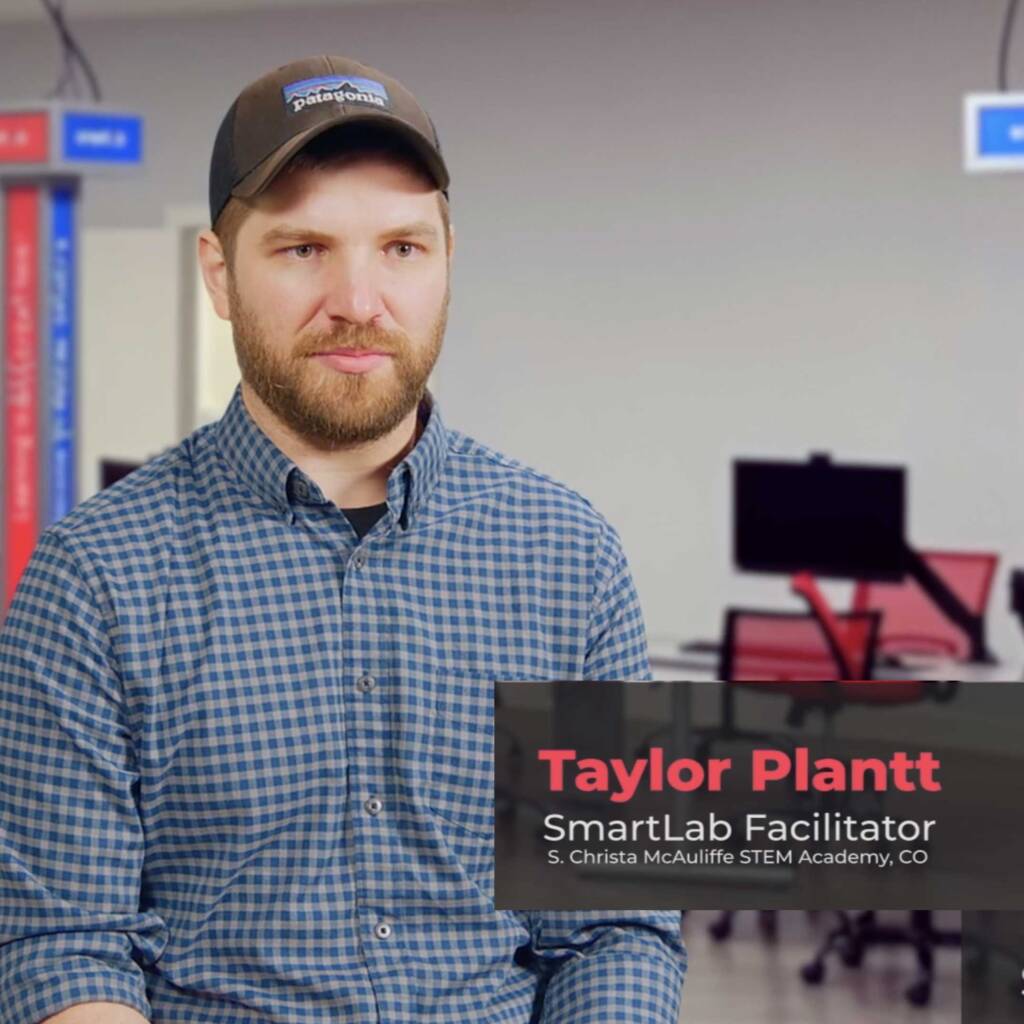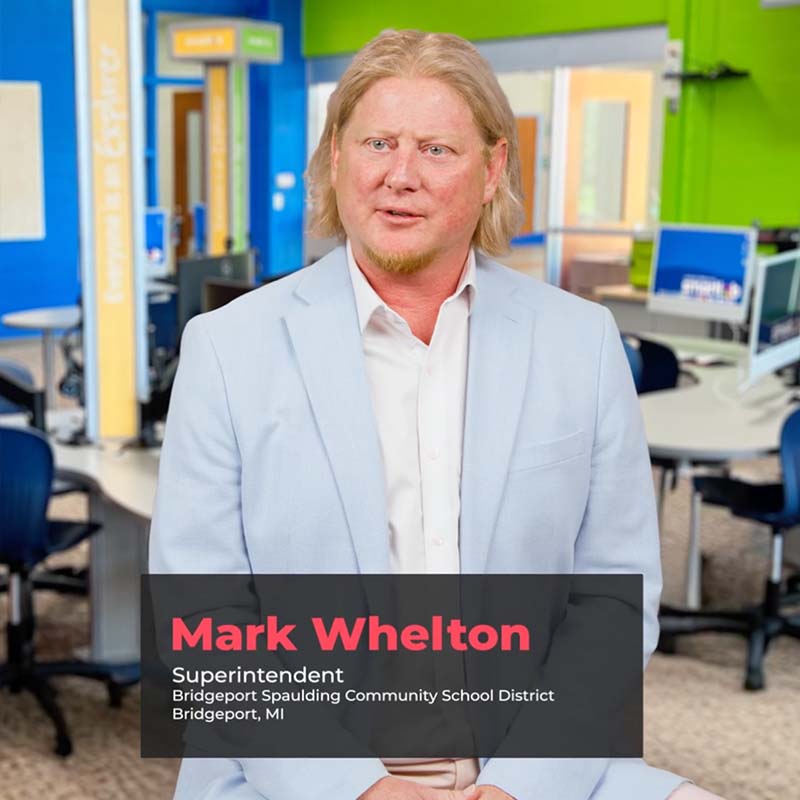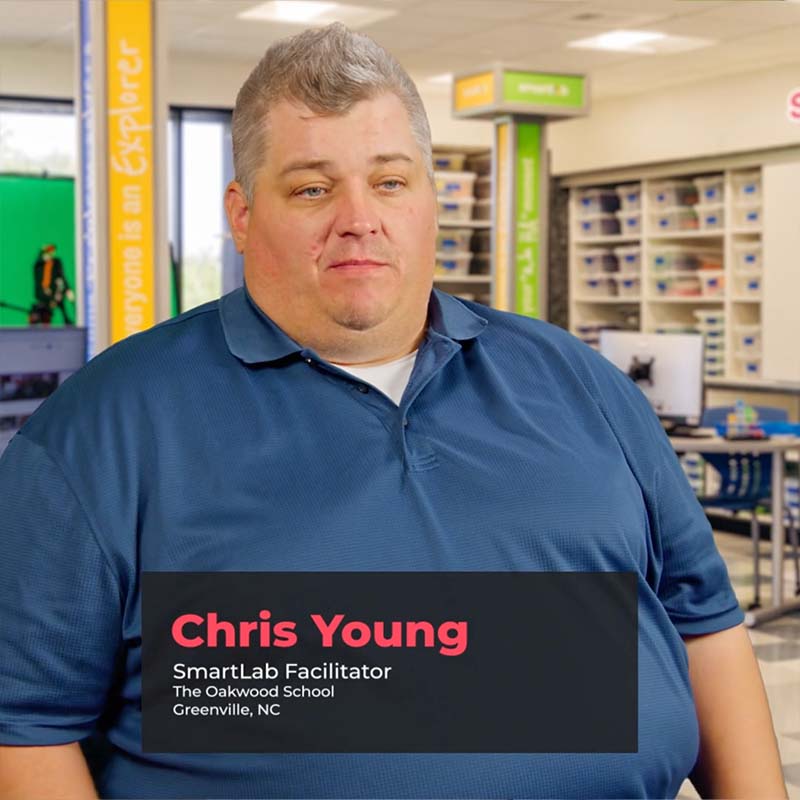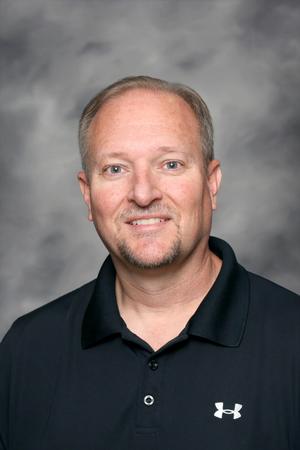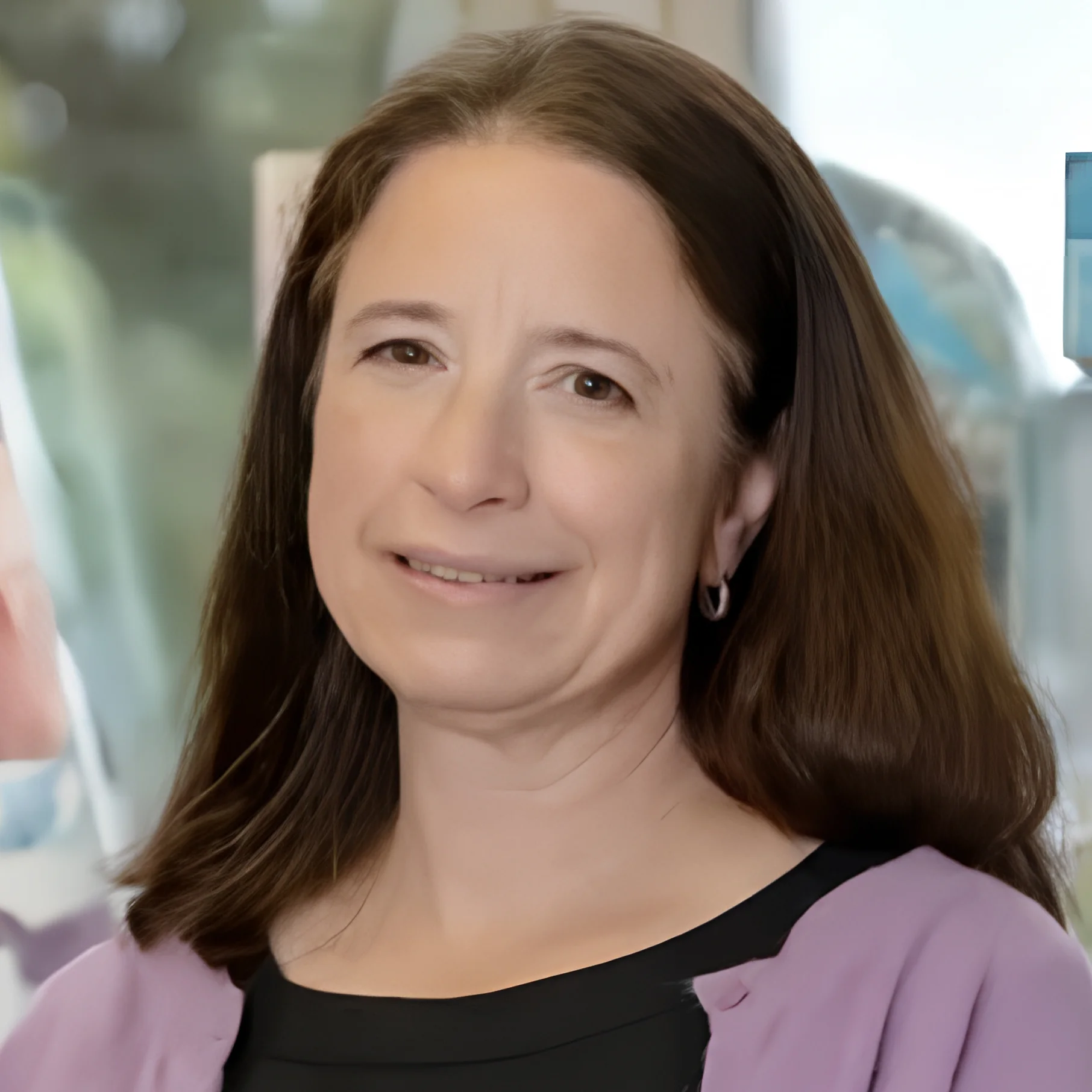“SmartLab prepares students for the future by building essential skills needed for both academic success and the modern workforce. Through collaboration and project-based learning, students develop strong communication and teamwork abilities that will serve them in any career. Every experience in the lab is designed to help them grow as confident, capable problem-solvers.”
Career Connections
Turning STEM Learning
Into Career Exploration
SmartLab helps students make meaningful connections between what they learn and who they might become. Every unit begins at the intersection of real-world Career and Industry Pathways and Integrated STEM Applications. Students engage with hands-on challenges that deepen curiosity, build transferable skills, and connect academic content to future careers.
This work doesn’t just prepare students for the future—it helps them begin to see themselves in it. When learners understand how their skills connect to real opportunities, they begin building a STEM identity rooted in agency, purpose, and possibility.
Students prepare for the careers of tomorrow at Greeley–Evans School District 6 in Colorado
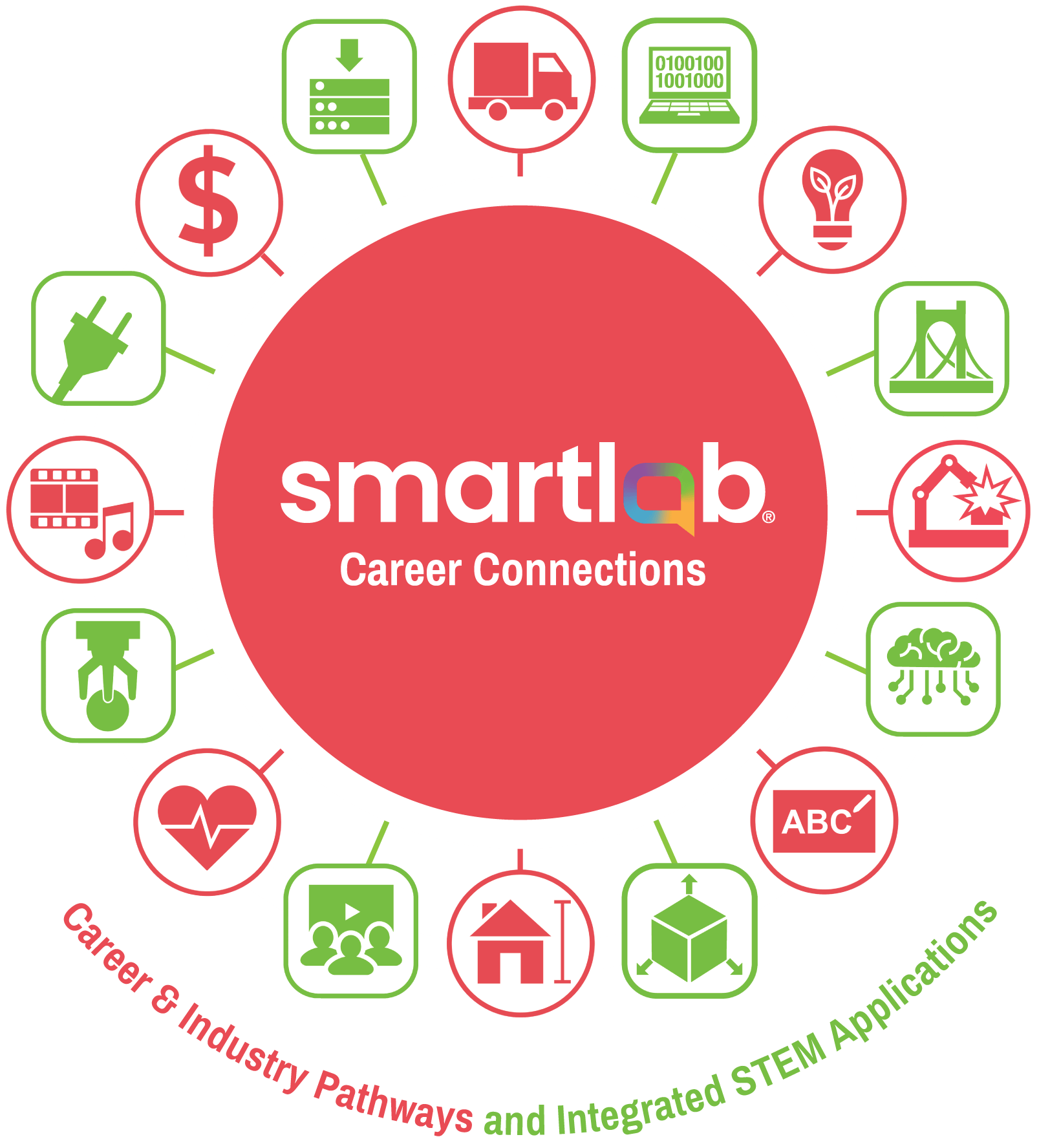
Where Career Connections Begin
Career Connections happen when Integrated STEM applications meet Career and Industry Pathways. This intersection grounds every SmartLab unit in meaningful context, helping students understand how their learning links to real careers, real tools, and real futures.
See Where Learning Leads
Every SmartLab unit is aligned with a specific Career & Industry Pathway ranging from architecture to agriculture. These frameworks help students see how classroom learning connects to real careers and community impact.
Connect STEM to the Real World
SmartLab’s integrated STEM applications give students access to real tools and technologies used in diverse industries—from AI and data analysis to electronics and multimedia. These experiences empower students to solve age-appropriate challenges in ways that feel relevant, inspiring, and real.
Real-World, Learner-Centered Experiences
Students don’t just use technology—they apply it. With access to real tools and open-ended challenges, SmartLab learners gain agency, confidence, and clarity about how they can use STEM in the real world.
It’s not about “doing tech”.
It’s about becoming a problem solver.

Durable Skills That Transfer Beyond the Classroom
SmartLab equips students with essential skills that endure across school, work, and life. As learners tackle hands-on challenges, they build communication, collaboration, critical thinking, and adaptability. These durable skills help students become confident, capable problem-solvers—ready to succeed in any college or career path. Along the way, they begin to see themselves as STEM learners and doers, building the identity and self-belief that supports long-term success.
Aligned to What Matters Most
Every SmartLab unit is grounded in academic standards and enhanced with real-world relevance. Students meet learning goals while building the skills that matter most beyond school.



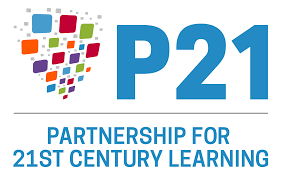
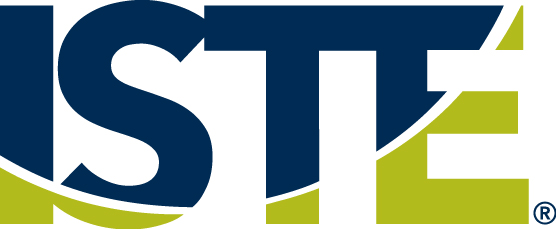

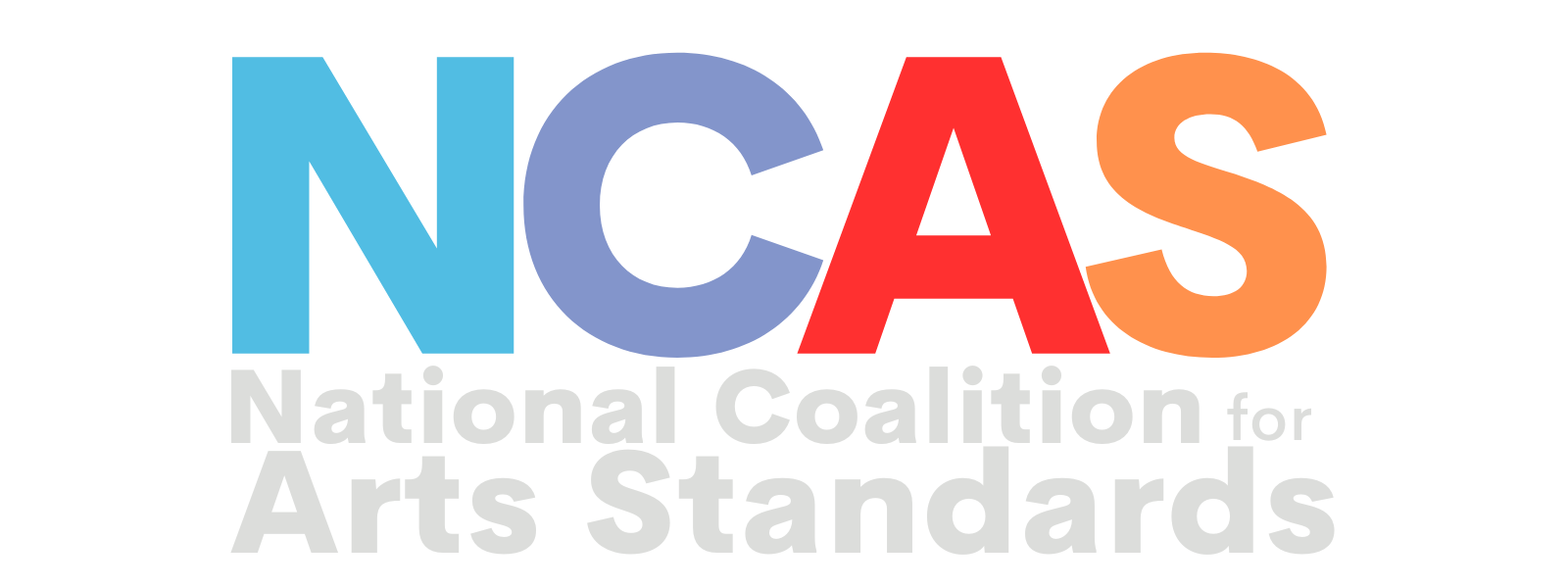
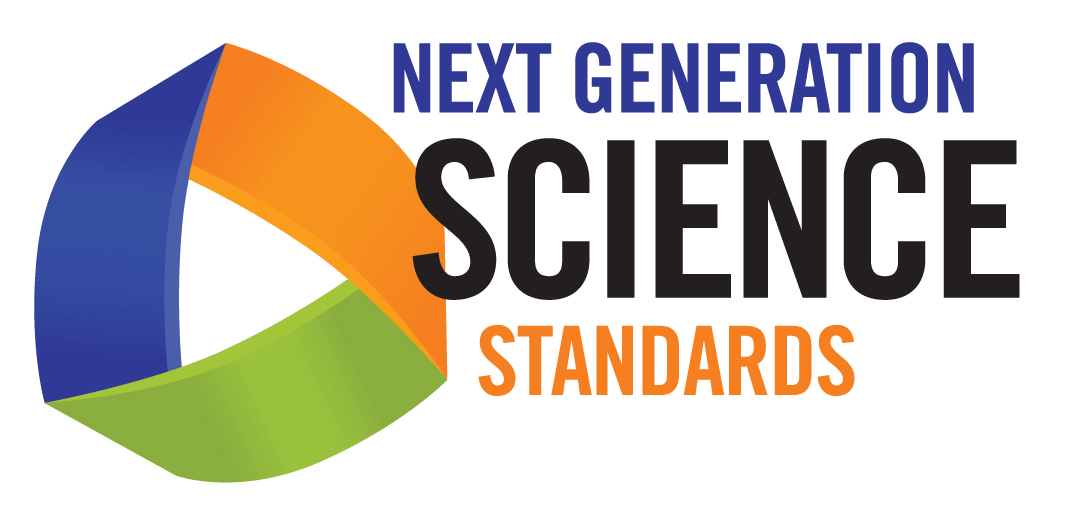

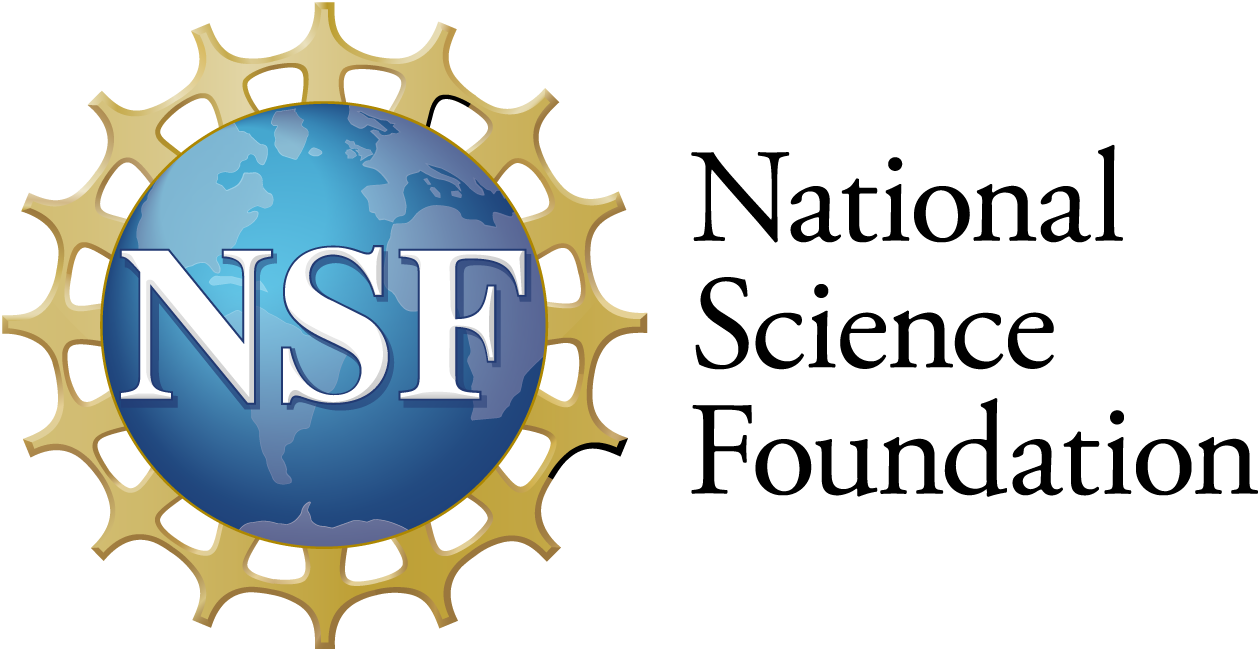
Success in Action
Districts across the country use SmartLab to strengthen engagement, improve performance, and empower students.
Explore how different communities are making it work.
What Educators Say
Ready to transform learning in your school?
Together, we’ll bring the SmartLab ecosystem to your school. Students will engage deeply in STEM, take on real-world challenges, and build the skills for lifelong learning, leadership, and career readiness.
